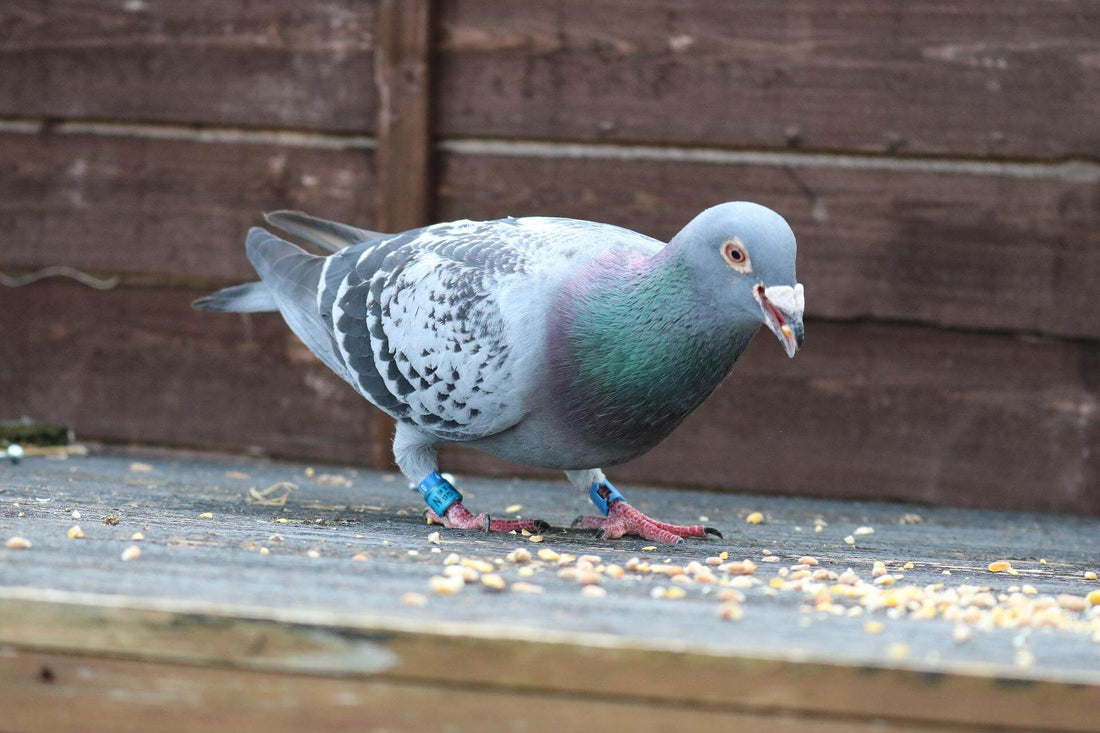The term ‘condition’ is a familiar one in the English Language – and there is a variety of uses. To aviculturists it has a specific meaning and relates to the fitness of a bird – as in the case of preparing for the show season, currently underway in most of the country.
The condition of racing pigeons is all-important if they are to win races and is therefore a constant concern for those who keep and breed these birds. If pigeons are not in peak condition (“lacking fitness”), their performance will suffer. There will be fewer racing successes and some birds will either not return from races or will do so in an exhausted, sometimes dishevelled, state.
So, what affects the condition/fitness of racing pigeons? The answer is; many things, usually in combination. These can be broadly divided into a) management and b) disease, but of course there is overlap between the two. Management comprises husbandry, housing and diet. Solid food for racing pigeons has traditionally consisted of a mixture of mixed grains and pulses. A pigeon will eat 30-50 grams a day, Drinking-water is essential; a pigeon usually drinks 20-50ml per day. Additions to the diet will include grit (especially calcium for bones and eggs) and possibly vitamin and mineral supplements – see below. The nutritional value of the diet – and thus its role in promoting condition and performance – will depend on the needs of the bird. Thus, for example, pigeons that are racing and rearing young (squabs), will require less protein, perhaps only 5% of the diet, than will such birds during the “off- season” (September – December).
There is a certain amount of published information about the nutritional requirements of pigeons but much received wisdom remains anecdotal. The diet must, of course, be adequate in terms of quantity (how much is offered) and quality (what it contains). Additional vitamins and minerals may serve as a “tonic” and enhance condition and performance but an excess of such supplements can be deleterious. The addition of novel items of diet, especially if presented in an unusual way, may stimulate the pigeon’s appetite and increase food intake.
Haith’s has for long time had an interest in how – and on what – pigeons are fed. For many years it has produced and sold “Red-Band” . The Company is keen to contribute further to improving the condition of racing birds and therefore would very much welcome feed–back (excuse the pun) and suggestions from fanciers.
JOHN E COOPER (FRCVS)



